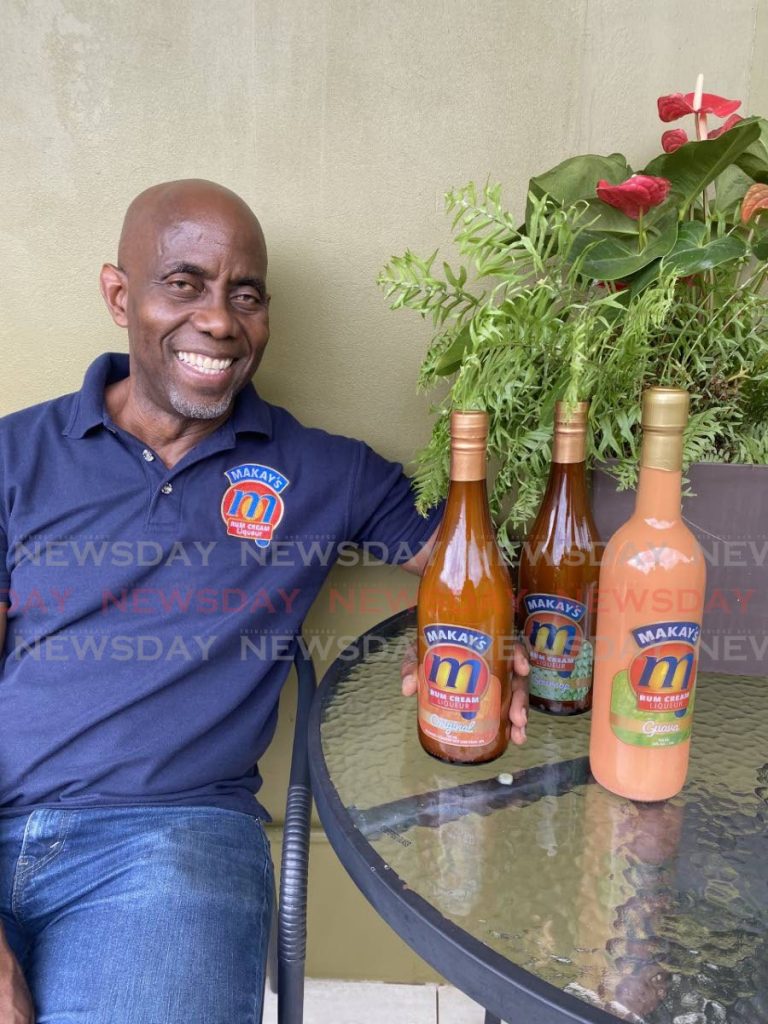Small steps to big things

When it comes to the objectives of diversifying the economy and going green, the State has a unique opportunity to kill two birds with one stone.
There is no question the approach to both objectives has to involve the big and the small.
Just as the October 5 budget needs to give us some bold ideas, Government would do well to pay attention to the minutiae of the conditions that hamper small and micro-businesses.
How can the State encourage businesses like the one behind the prize-winning Makay’s cream liqueur, featured in Business Day last week?
Economist Gregory McGuire, the individual behind Makay’s, has provided hints.
According to McGuire, he had to overcome a degree of bureaucracy in order to do something as simple as submit his product to an international prize jury.
But along the way, as he moved his local product from the family kitchen to the supermarket shelf, he was also able to access useful resources that the public might otherwise leave untapped. He spoke of the use of the Caribbean Industrial Research Institute (Cariri) for production.
That step alone allowed McGuire to avoid having to invest in heavy capital for a factory, even if at the cost of contract manufacturing.
Probably the biggest hurdle right now, though, for Makay’s has been the process of obtaining a certificate of origin from ExporTT, a step that could pave the way for marketing and distributing regionally and internationally.
If the State helps businesses like Makay’s take baby steps, that could go a long way.
A similar principle applies when we examine how this country could meet the goal of fulfilling its obligations under the Paris Agreement towards climate change.
On Sunday, the Ministry of Planning announced accession to the International Solar Alliance, a move designed to assist with meeting the goal of having renewable energy fuel ten per cent of total output by 2021.
The ministry also noted its partnership with the European Union and the United Nations Development Programme (UNDP) in a $19 million project involving the installation of small-scale, roof-mounted solar panels in rural areas, on community infrastructure and at similar sites.
That project could help ease pressures on the energy supply without compromising carbon levels. It could also help raise public awareness of the potential of such green technologies.
Eventually, however, such small steps will need to escalate.
That much is clear given the National Energy Corporation’s enormous mandate to find new energy renewables.
As noted by Dr Vernon Paltoo, National Energy’s president, a significant effort is underway to tailor current assets to the needs of the future.
“We are shifting the focus within the gas industry to applications and projects that would use less gas and projects that are also geared towards building a sustainable energy industry and in harmony with the renewable energy and energy efficiency,” Paltoo told Business Day.
Economic realities mean starting small is inevitable. The long-term vision, however, must be like McGuire's and Paltoo's – global and big.

Comments
"Small steps to big things"